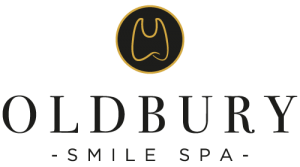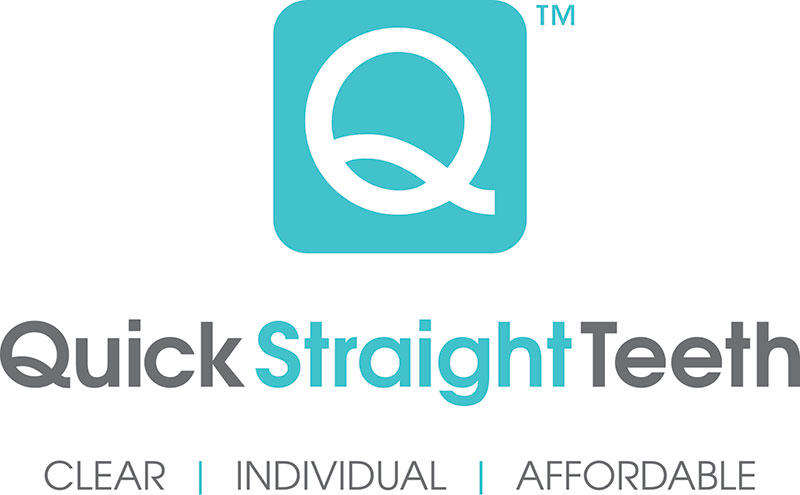How to Heal Faster After Dental Implants

Getting dental implants is a major step towards restoring your smile and oral function. But what happens next is just as important—the recovery process. Healing well and quickly after dental implant surgery requires the right care, habits and follow-up.
At Oldbury Smile Spa, we’re not just here to place implants—we’re committed to
Planning to get implants soon? Learn more about our expert Dental Implants in Birmingham or schedule a visit with a trusted Oldbury dentist.
Table of Contents
Understanding the Dental Implant Healing Timeline
The recovery timeline varies depending on your health, number of implants placed and any bone grafting performed. However, most patients follow this pattern:
Healing Phase | Key Developments |
Week 1: Initial Recovery | – Swelling peaks within 48 hours – Mild bleeding and discomfort – Soft foods only |
Weeks 2–6: Soft Tissue Healing | – Gums close around the implant – Stitches dissolve (if not removed manually) – Most discomfort subsides |
3–6 Months: Osseointegration | – The implant fuses with the bone – You may wear temporary restorations |
Complete healing is confirmed before placing your permanent crown or bridge.
1. Follow Post-Surgery Instructions Religiously
Your implant surgeon will provide a tailored aftercare plan. Typical recommendations include:
- Bite down on gauze to stop bleeding
- Avoid brushing near the surgical site for 48 hours
- Use antiseptic mouth rinses
- Avoid physical exertion for 24–48 hours
Not sure what to expect after surgery? Our Dental Implants Birmingham page explains our process in detail.
2. Apply Cold Compresses to Reduce Swelling
Swelling is natural and usually peaks after 48 hours. Reduce it by:
- Applying ice packs on the cheek (20 mins on, 20 mins off)
- Keeping your head elevated while sleeping
- Staying well-hydrated
Avoid warm compresses during the first 3 days, as they can increase inflammation.
3. Prioritise Nutrient-Rich, Soft Foods
Eating the right foods fuels healing and helps avoid disturbing the implant site.
Ideal Foods:
- Smoothies
- Mashed potatoes
- Yoghurt
- Oatmeal
- Soft scrambled eggs
- Protein shakes
Avoid:
- Spicy or hot foods
- Acidic drinks (e.g., orange juice)
- Crunchy or chewy items like nuts, chips, or steak
4. Don’t Smoke or Drink Alcohol
Both smoking and alcohol:
Ideal Foods:
- Restrict blood flow
- Impair bone healing
- Increase implant failure risk
Avoid both for at least 1–2 weeks post-surgery—ideally, quit entirely for best long-term implant success.
5. Maintain Gentle Yet Effective Oral Hygiene
Oral hygiene is essential, but you must avoid disturbing the healing site.
- Use a soft-bristled toothbrush
- Avoid electric brushes near the implant for at least a week
- Rinse gently with warm salt water or a prescribed antimicrobial rinse
6. Stay on Top of Medications
Take all prescribed antibiotics and pain relief exactly as instructed. Don’t skip doses. If you experience side effects, notify your Oldbury dentist immediately.
7. Avoid Strenuous Activity
Physical exertion increases blood pressure and can prolong bleeding or disrupt the implant site. Avoid:
- Exercise
- Bending over
- Lifting heavy objects for at least 48–72 hours post-op.
8. Avoid Touching or Playing with the Implant Area
Many patients unconsciously poke the area with their tongue or fingers. This:
- Introduces bacteria
- Irritates healing tissues
- Slows down the healing process
Let your body do its job without interference.
9. Use a Special Implant-Protective Mouthguard (If Prescribed)
If you grind your teeth at night (bruxism), a protective night guard can:
- Prevent micro-movement of the implant
- Reduce inflammation
- Prevent long-term bone loss
Our dentist Oldbury team can custom-make one for you post-surgery.
10. Attend All Follow-Up Appointments
Healing isn’t just about time—it’s about monitoring. We check for:
- Signs of infection
- Proper gum healing
- Osseointegration success
Never skip reviews, even if you feel fine.
Ready to take the next step? Book your follow-up or first consultation with us at Oldbury Smile Spa today.
Warning Signs to Watch For
While minor discomfort and swelling are expected, contact us immediately if you experience:
- Fever or chills
- Severe or prolonged bleeding
- Pain worsening after 3–4 days
- Foul taste or discharge
- Loose-feeling implant
These could be signs of infection or implant failure—and early intervention is key.

Why Recovery Matters as Much as Placement
The success of your implant doesn’t end when it’s placed. Healing is where your body integrates the implant and secures it for life. With the right care and expert support from our Oldbury dentist team, you can heal faster, better and with full confidence.
For tailored support and aftercare guidance, explore our Dental Implants Birmingham services or contact us directly for advice.
Final Thoughts
Healing after a dental implant is a critical phase in your smile restoration journey. By following the right care practices, eating well and avoiding common mistakes, you can dramatically improve your recovery speed and implant longevity.
Oldbury Smile Spa is here to support you at every stage—from consultation to final crown fitting and aftercare.











